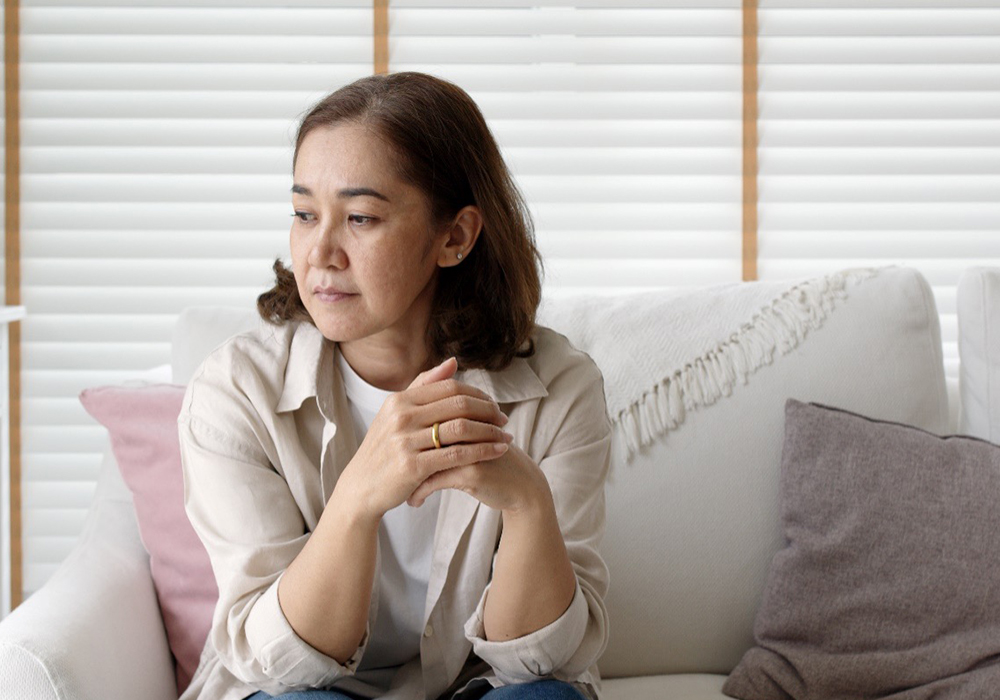Rates of hate incidents against the Asian American/Pacific Islander (AAPI) community have tripled since the COVID-19 pandemic began, and it’s taking a toll on the population’s mental well-being. Researchers have linked pandemic-related discrimination to increased anxiety, depression, and sleep disturbances among members of the AAPI community, yet they are much less likely to seek or accept mental health services than any other racial group.
What Can You Do?
In some Asian cultural groups, psychological distress is not only a reflection on the individual but the entire family as well. Thus, shame and embarrassment may contribute to whether an individual will admit to experiencing psychological problems or seek care for them.
- Patients may be more likely to answer mental health questions honestly if you bring them up when their family members are not in the room.
- AAPI individuals may report physical manifestations of stress because their culture views them as more acceptable than psychological symptoms. When performing assessments, consider an emotional etiology as part of the differential diagnosis.
- Patients may be more likely to accept care from someone of a similar background. Refer to a psychiatry or psychology provider of AAPI descent whenever possible.
- If individuals are hesitant to speak with a mental health provider, suggest integrative services such as mind-body interventions, acupuncture, or meditation.
- Don’t give up. Even if a patient initially declines a consult for mental health services, check with them regularly about their coping techniques and intermittently revisit the option of a referral.
Learn more about how to provide culturally competent care for the AAPI community to support their mental health and wellness.
Acknowledgement: We thank clinical psychologist, Christian Nelson, PhD, for contributing to the development of this article.
Have you experienced a cultural clinical practice encounter or situation that would be helpful for other oncology nurses to understand? Email us about it at pubONSVoice@ons.org for consideration for a future article.






